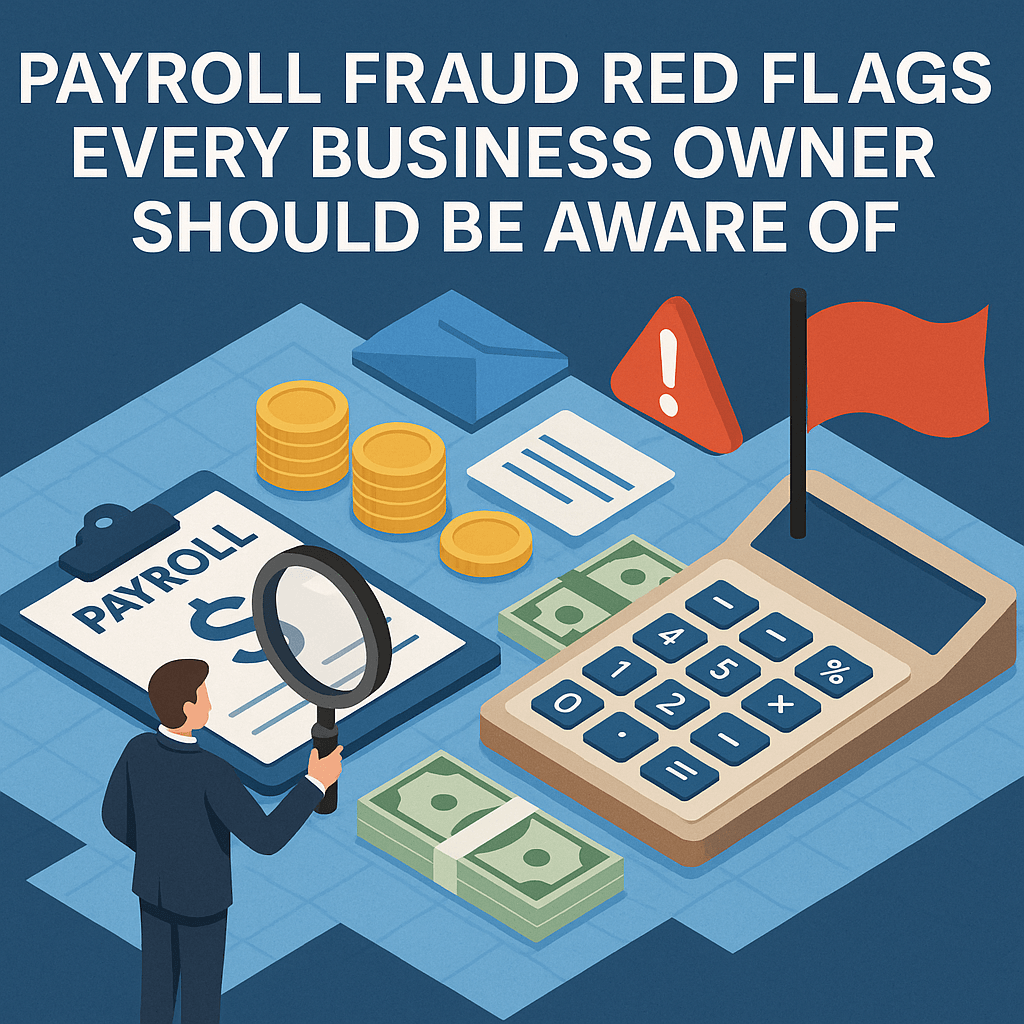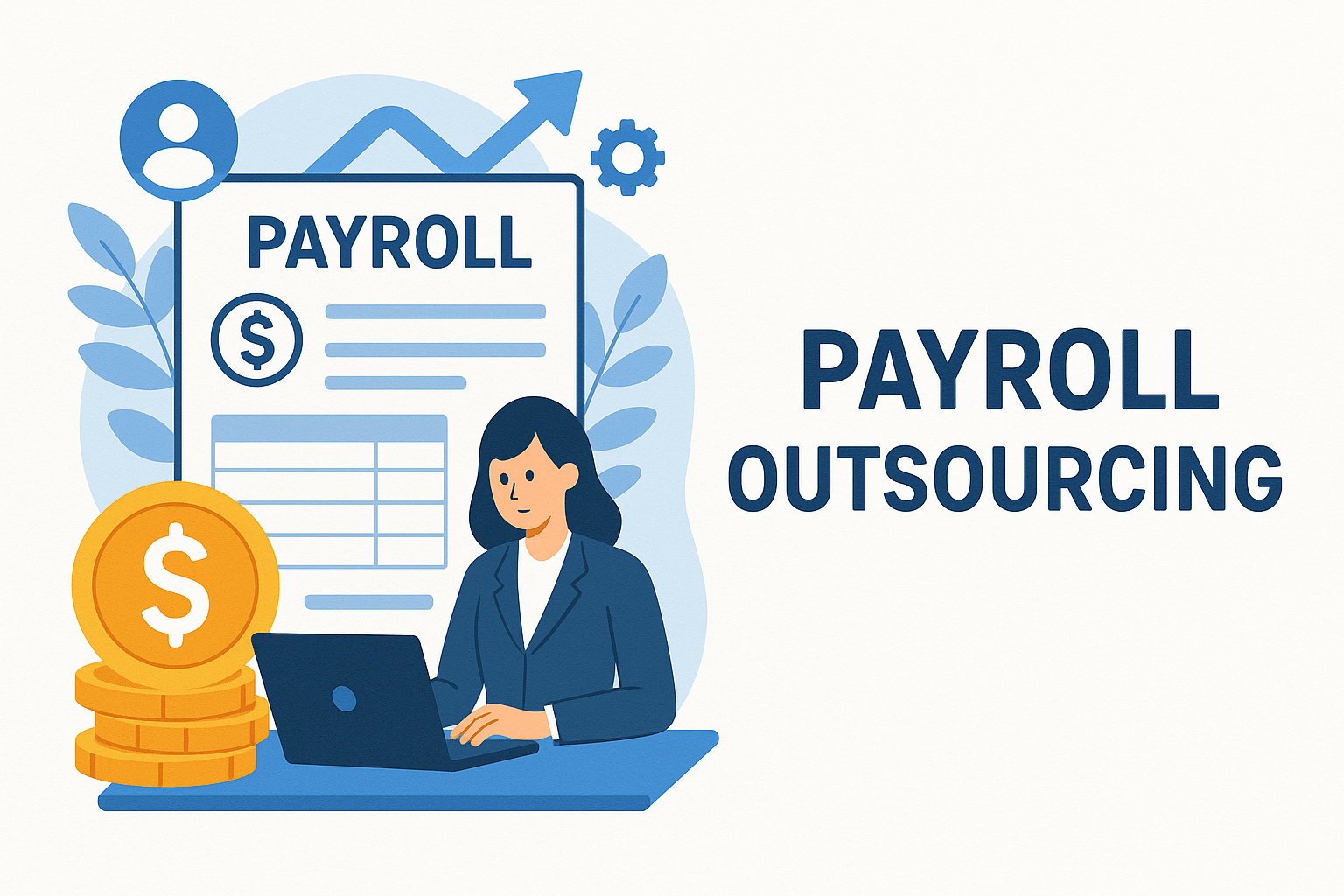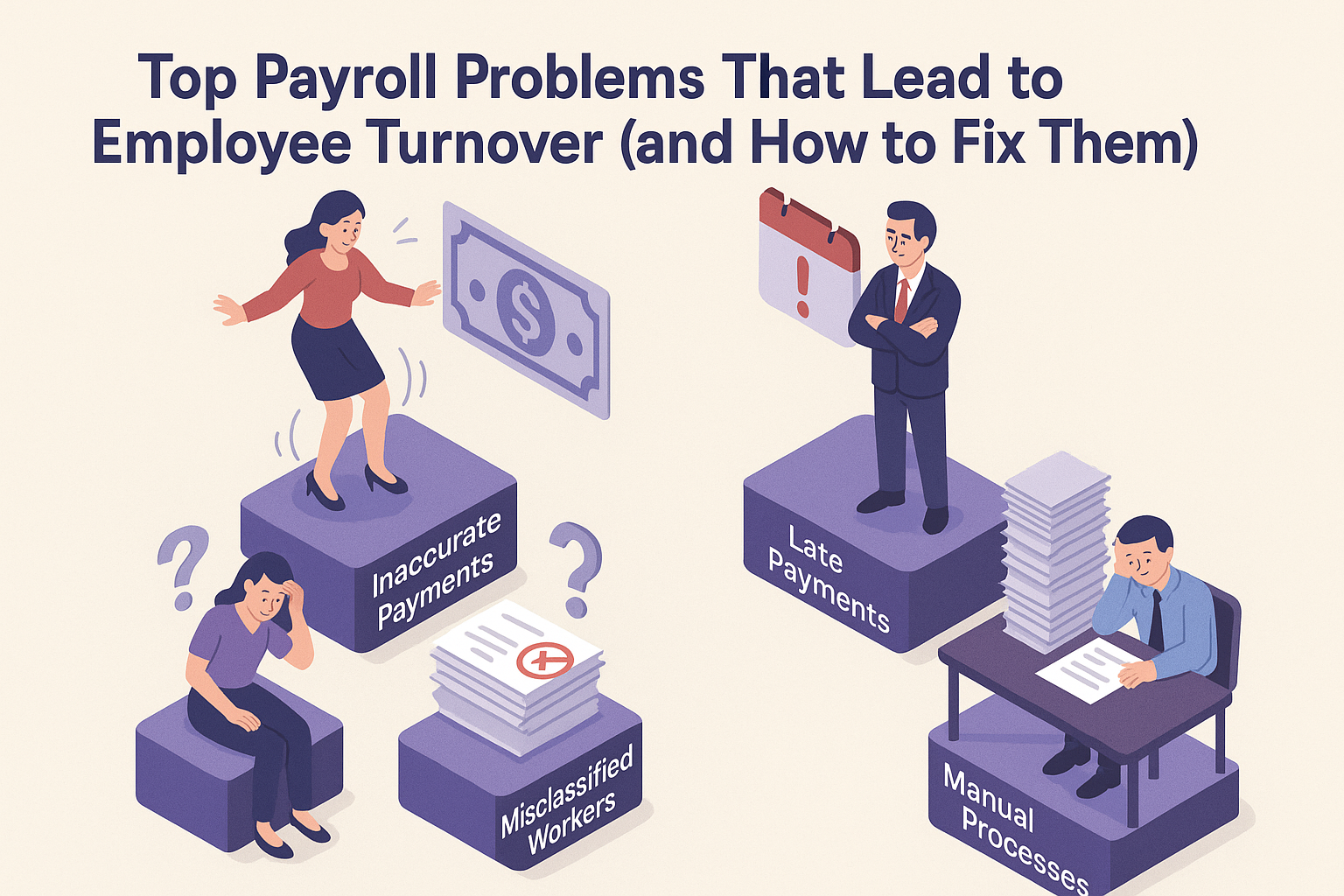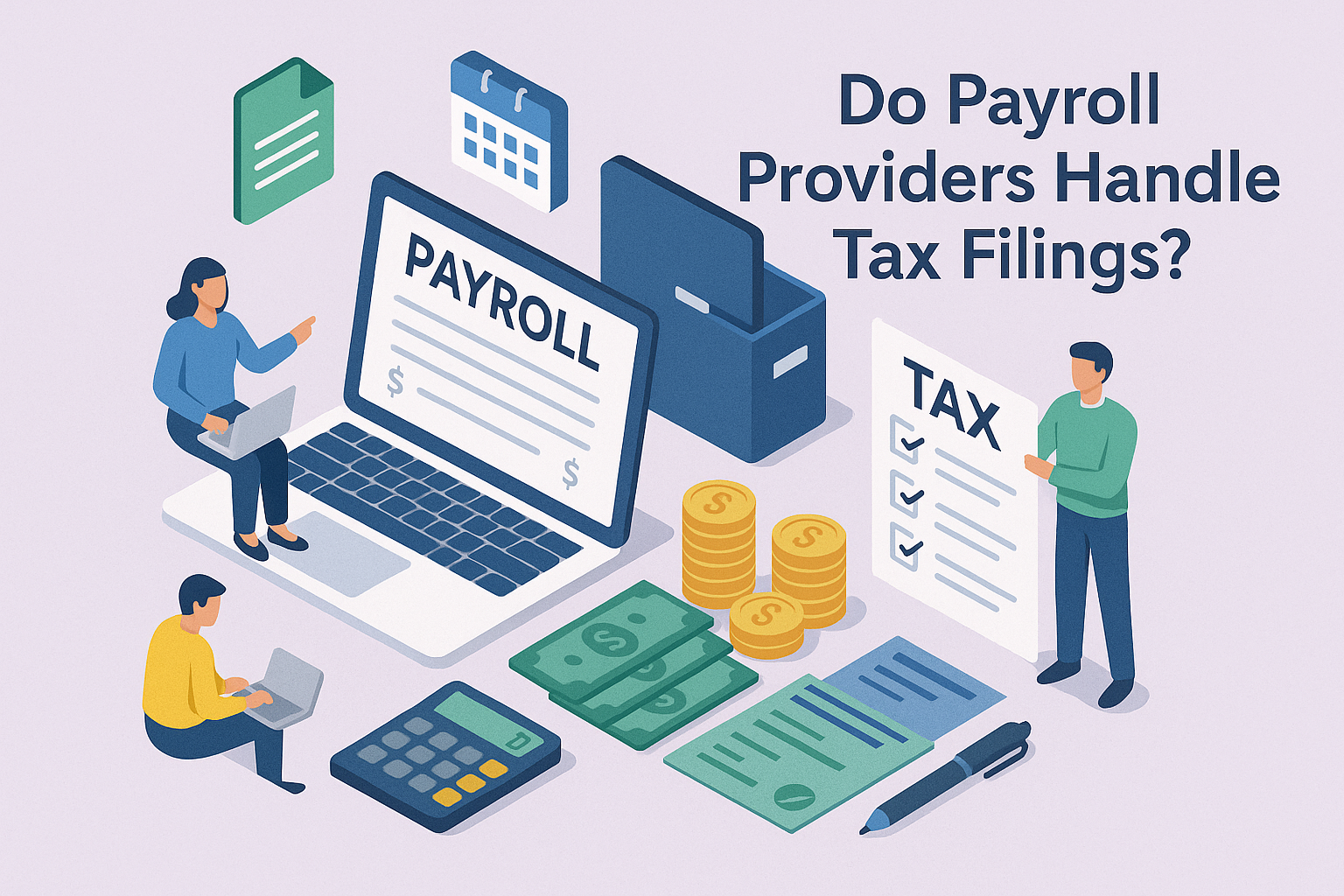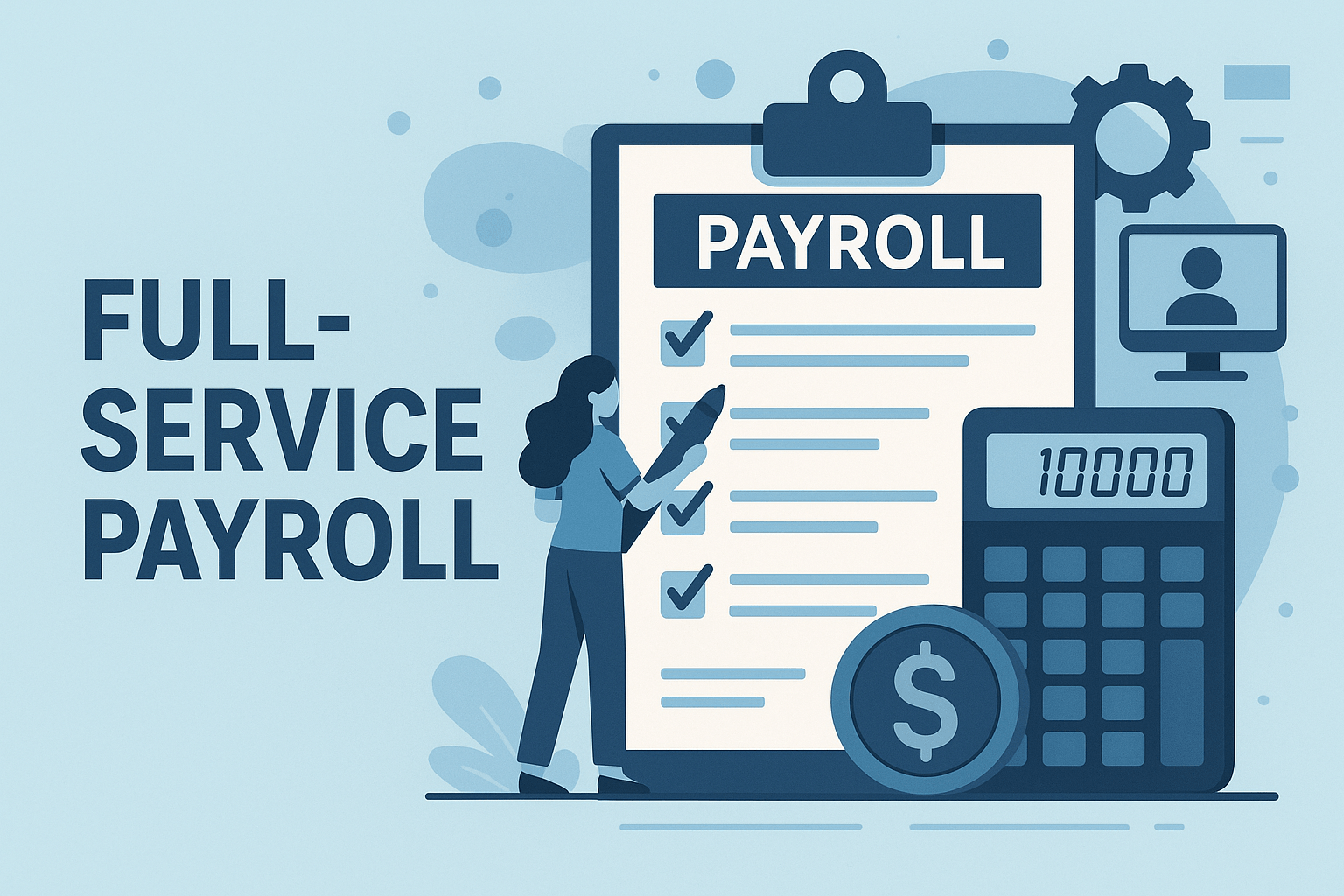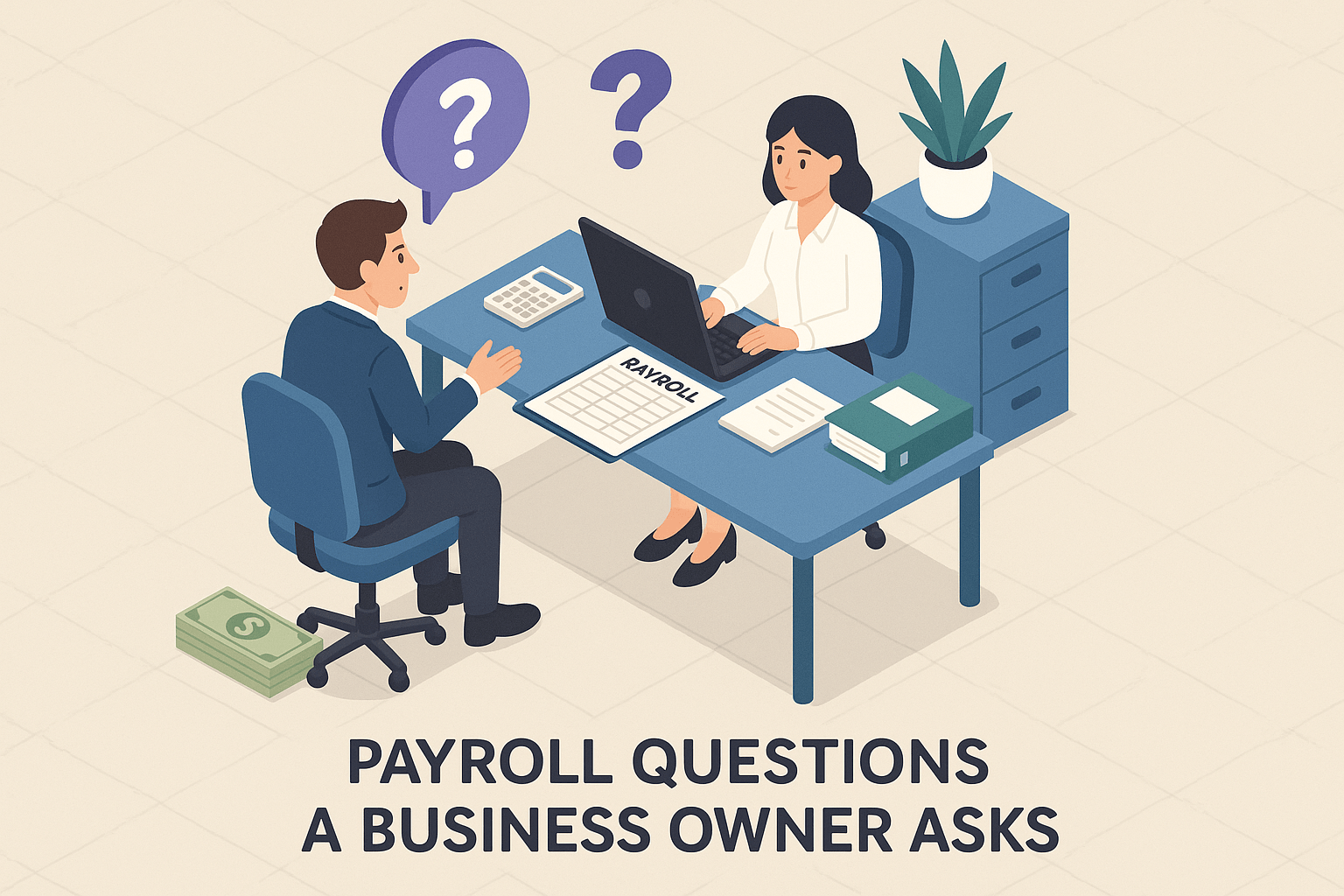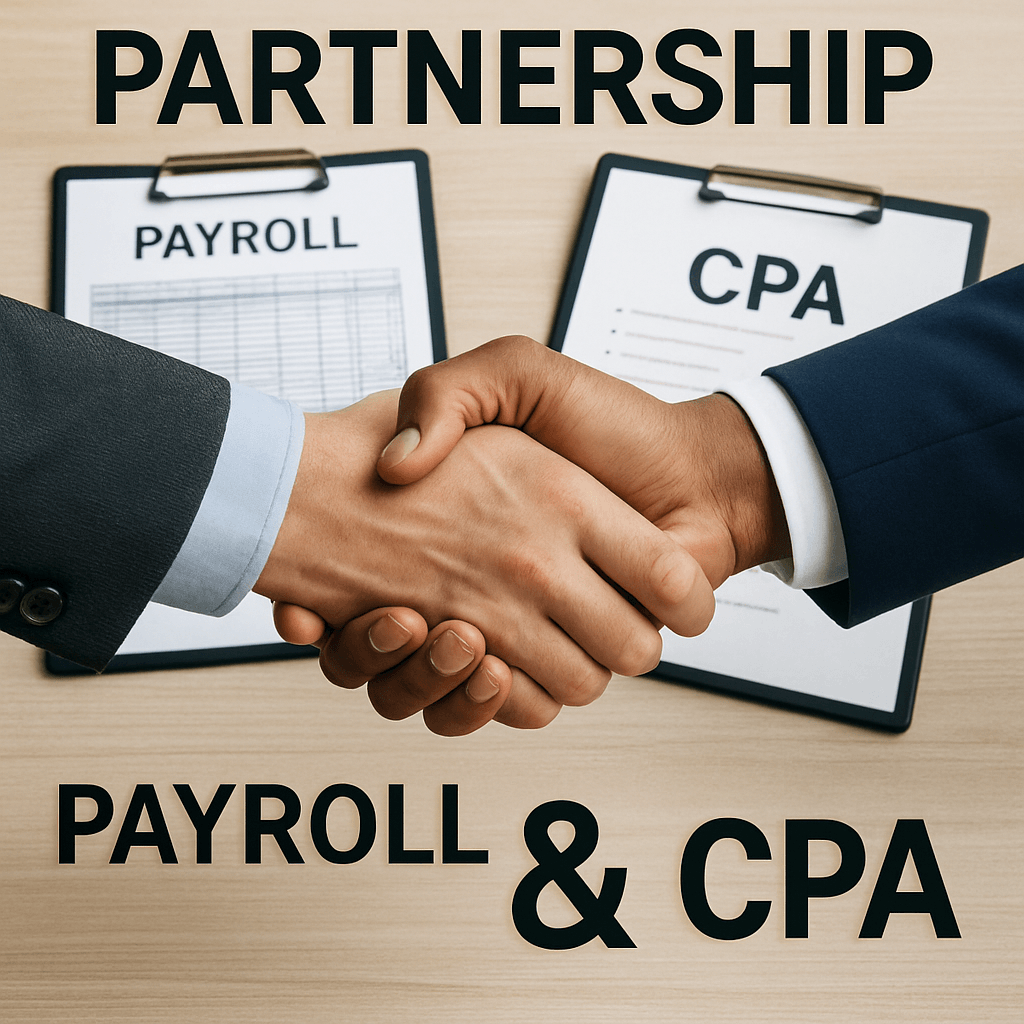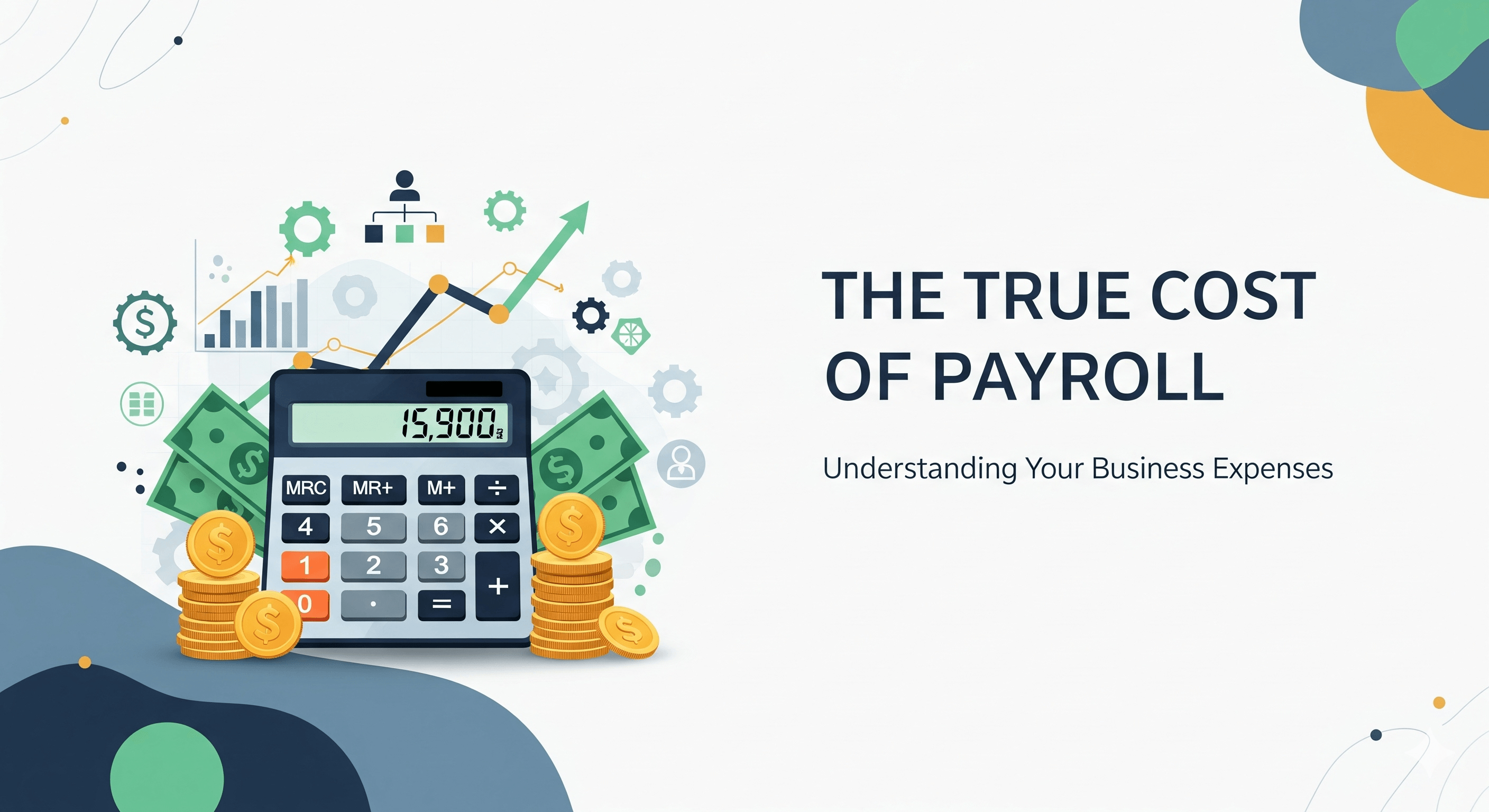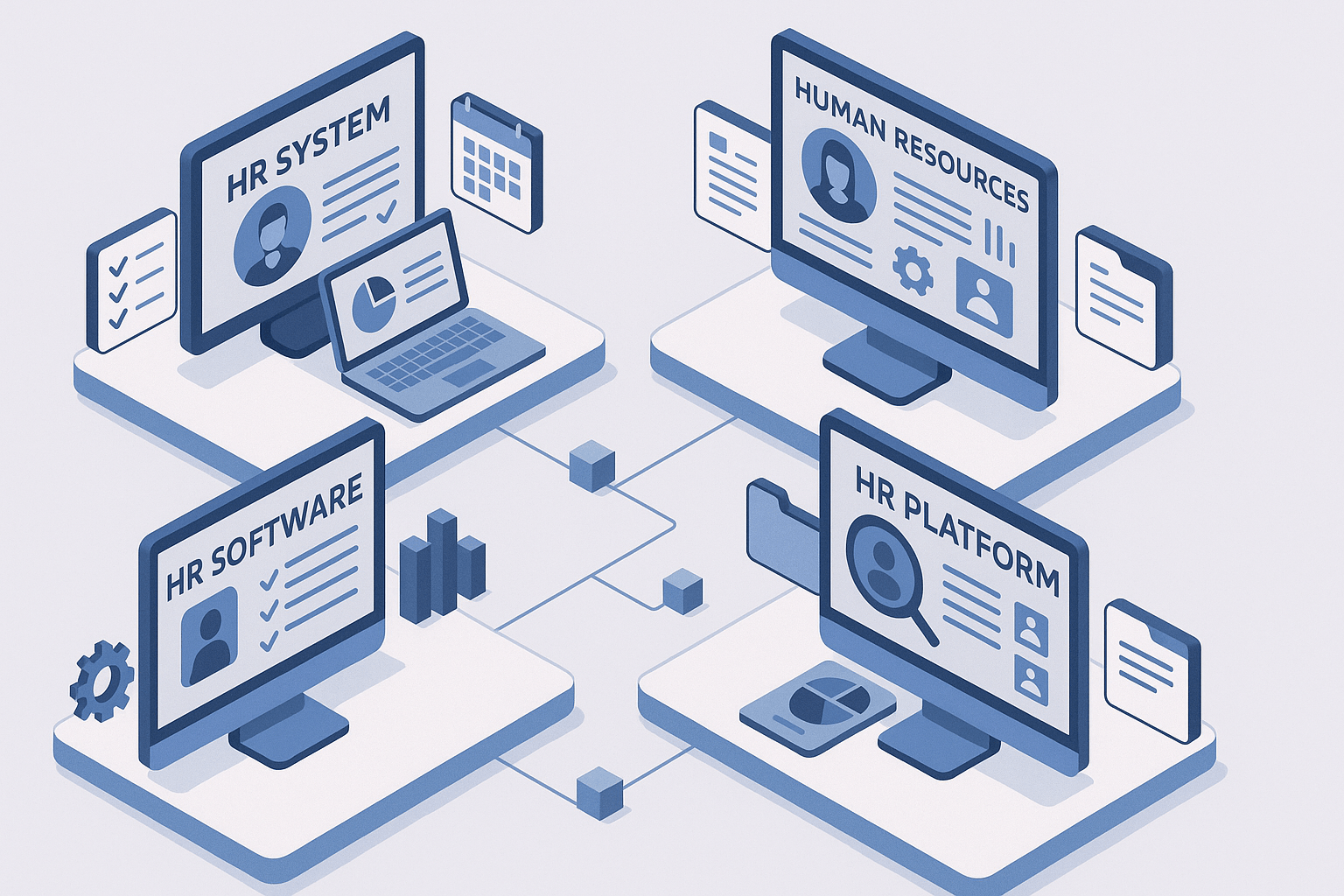Are Professional Payroll Services Worth the Cost for Your Business?
June 17th, 2025
7 min read
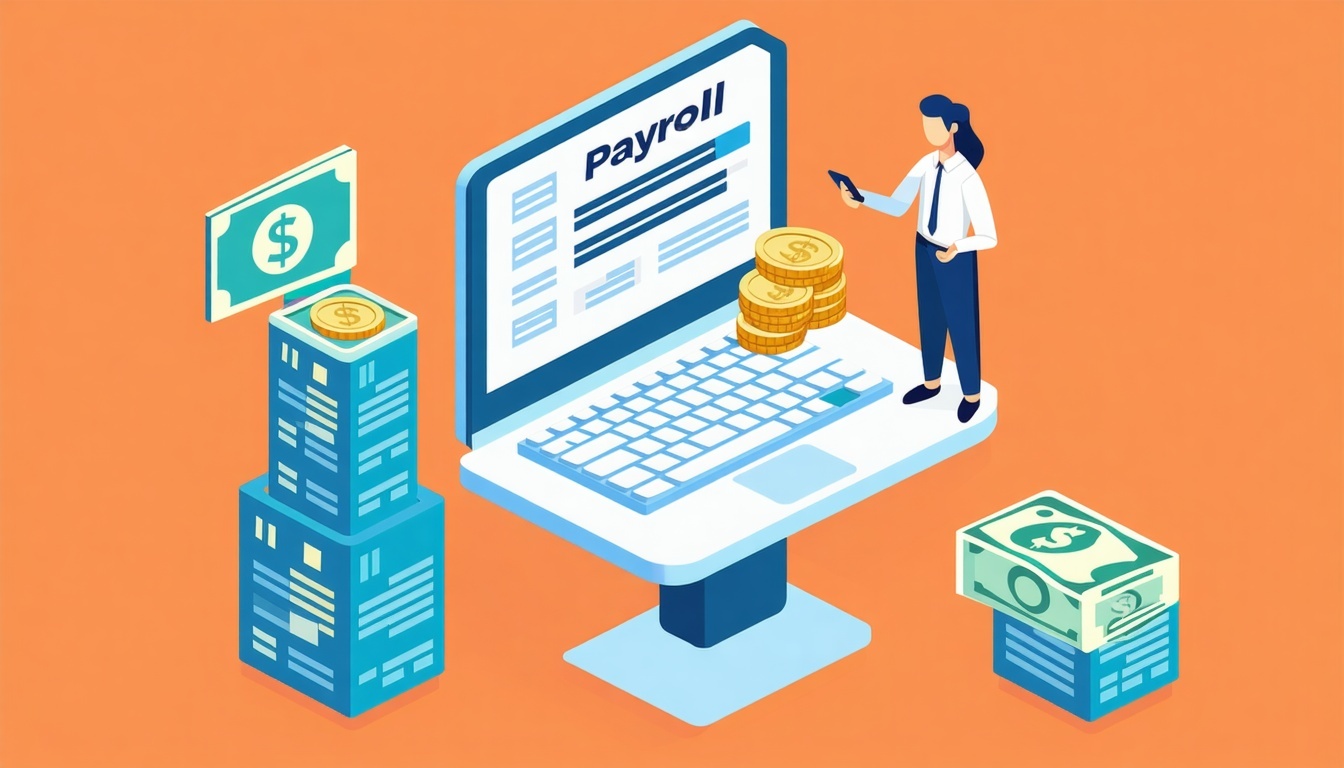
Managing payroll internally often means late nights, constant compliance worries, and risks of costly errors. For many business owners and HR leaders, in-house payroll creates ongoing stress and draws focus away from mission-critical tasks.
At Lift HCM, we help organizations move from manual or outdated systems to modern, efficient payroll processes. We've guided hundreds of businesses through this transition, prioritizing compliance, accuracy, and trust at every step.
This article delivers a clear cost-benefit analysis of professional payroll services. You’ll find transparent pricing breakdowns, a look at overlooked advantages, and a practical framework to help you determine if outsourcing payroll aligns with your business needs. By the end, you’ll be equipped with the insight and confidence to make a strategic payroll decision.
Table of Contents
- How Much Do Professional Payroll Services Really Cost?
- The Tangible Benefits of Professional Payroll Services
- Conducting Your Own Cost vs. Benefits Analysis
- Simplify Payroll and Empower Your Business with Lift HCM
How Much Do Professional Payroll Services Really Cost?
When considering professional payroll services, the first question on many business owners' minds is, "What's the price tag?" It's crucial to understand that the "cost" isn't just the monthly fee; it also involves comparing that fee to the hidden, often unquantified expenses of managing payroll in-house.
Professional payroll service providers typically utilize various pricing models, with costs varying significantly based on the services, features, and functionalities included in each plan. Generally, as you move up in tiers or add more features, the price increases, but so too does the breadth of support and automation you receive.
Common Payroll Service Pricing Structures
- Base Fees and Per-Employee Fees: This is the most prevalent model. Providers charge a monthly base fee, which can range from $20 to $150. On top of this, there's a per-employee fee, typically between $2 and $15 per month for each active employee. For example, a business with 10 employees might pay a $50 base fee plus 10 employees x $5/employee = $100 per month. To learn more about payroll service pricing, check out Payroll Service Pricing: Per-Process vs. Per-Employee-Per-Month (PEPM).
- Payroll Frequency: Some services adjust their fees based on how often you run payroll. More frequent payroll runs (e.g., weekly instead of bi-weekly or monthly) may incur slightly higher costs because they require more processing events and administrative overhead for the provider.
- Tiered Pricing Models: Many providers offer "Basic," "Standard," and "Premium" or "Enterprise" tiers.
- Basic tiers often include core payroll processing, direct deposit, and basic tax filing.
- Standard tiers might add features like time tracking integration, basic HR reporting, or employee self-service portals.
- Premium tiers often encompass comprehensive HR functionalities, benefits administration, dedicated support, and more advanced reporting.
- Optional and Add-On Services: Beyond the basic payroll functions, additional services can be bundled or offered à la carte, adding to the overall cost. These can include:
- Printing and mailing W-2s and 1099s at year-end.
- Bookkeeping and accounting software integration.
- Comprehensive HR management features (e.g., applicant tracking, onboarding, performance management).
- 401(k) administration and retirement plan integration.
- Garnishment handling (legally mandated withholdings for child support, etc.).
- Time and attendance tracking system integration.
Hidden Fees: What to Watch For
To avoid surprises, always request a detailed, itemized quote and scrutinize the contract carefully. Be aware of less obvious charges such as:
- Setup Fees: These can range from a few hundred to several thousand dollars, depending on the complexity of your existing payroll data migration and initial system configuration. Always ask if there's a setup fee upfront.
- Year-End W-2 and 1099 Processing Fees: Many providers charge a per-form fee for these essential annual documents.
- Multi-State Tax Filing Fees: If you have employees in multiple states, expect additional charges for managing the varied state and local tax requirements.
- Off-Cycle Payroll Runs: Need to pay a bonus or make a correction outside your regular schedule? Some providers charge extra for these "off-cycle" payrolls.
- Bank Reconciliation Fees: If the provider assists with reconciling payroll with your bank statements.
- Cancellation or Early Termination Fees: Understand the terms if you decide to switch providers.
The True Cost of In-House Payroll
While professional payroll services have an explicit monthly cost, managing payroll internally carries its own significant expenses, many of which are often hidden.
Consider these real costs of handling payroll yourself:
- Labor Costs: Even if you or an existing employee manages payroll part-time, that time has a value. For example, if a business owner spends 10 hours a month on payroll, and their time is valued at $50/hour, that's $500 in lost opportunity that could have been spent growing the business.
- Cost of Errors and Penalties: Miscalculations, late tax deposits, or incorrect filings can lead to substantial fines from the IRS and state tax agencies. IRS penalties for late deposits, for instance, can range from 2% to 15% of the underpayment, plus interest.
- Compliance Risks: Navigating constantly changing federal, state, and local tax and labor laws is complex. Non-compliance can result in costly wage disputes, back wages, and significant legal fees.
- Data Security Risks: Storing sensitive employee information internally without robust, enterprise-level security measures exposes your business to data breaches and potential legal liability.
While do-it-yourself (DIY) online payroll software can offer a less expensive alternative to full-service options, it still requires more employer involvement, vigilance, and a fundamental understanding of payroll regulations. It’s a middle ground that balances cost with continued personal responsibility and often still carries some of the hidden costs mentioned above.
The Tangible Benefits of Professional Payroll Services
When analyzing professional payroll services, looking beyond the direct monthly fee and considering the significant return on investment (ROI) they offer is essential. This ROI comes from improved efficiency, compliance, risk reduction, and higher employee satisfaction.
1. Significant Time Savings
Professional payroll services automate virtually every time-consuming task. This includes:
- Calculating wages, overtime, and commissions.
- Determining federal, state, and local tax withholdings.
- Managing deductions for benefits and retirement plans.
- Depositing paychecks via direct deposit.
- Generating and distributing detailed pay stubs.
- Preparing and filing all quarterly and annual tax forms (like IRS Forms 941, 940, W-2s).
This automation can free up anywhere from 5 to 15+ hours per month for business owners and HR managers. Imagine focusing that time on strategic growth or customer acquisition instead of administrative burdens.
2. Enhanced Compliance and Accuracy
Payroll is a complex and highly regulated area. Professional providers specialize in staying updated on:
- Ever-Changing Tax Laws: Federal, state, and local tax rates, forms, and filing deadlines frequently change. Providers have dedicated teams to track these, ensuring your payroll and tax filings are always accurate and compliant.
- Labor Laws: They help ensure compliance with critical labor laws like the Fair Labor Standards Act (FLSA), state minimum wage, overtime rules, and proper employee classification.
- Minimizing Penalties: Accurate calculations and on-time filings significantly reduce your risk of costly fines and interest charges from tax authorities.
This expertise acts as a crucial safeguard against costly legal and financial repercussions.
3. Substantial Risk Reduction
Outsourcing payroll inherently minimizes several major business risks:
- Financial Risk: Fewer errors mean fewer penalties and unforeseen costs.
- Legal Exposure: Expert handling of wage and hour laws and accurate recordkeeping helps protect your business from costly lawsuits and compliance audits.
- Data Security: Reputable providers invest heavily in enterprise-level security measures (encryption, secure servers, disaster recovery). This protects sensitive employee and business financial data far better than what a small business can typically afford in-house.
- Business Continuity: If your internal payroll person is unavailable, an outsourced provider ensures your payroll processes continue without disruption.
4. Improved Employee Experience
Accurate, on-time, and convenient payroll contributes directly to positive employee morale and trust. Professional services enhance the employee experience through:
- Reliable Payments: Employees appreciate consistent and accurate paychecks.
- Direct Deposit: The convenience of direct deposit is highly valued.
- Employee Self-Service Portals: Many providers offer online portals where employees can view pay stubs, access W-2s, and update personal information themselves, reducing inquiries to HR.
5. Scalability and Flexibility
As your business grows, your payroll needs will inevitably become more complex. Professional payroll services are designed to scale with you:
- Easy Expansion: Effortlessly add or remove employees from your payroll.
- Multi-State Operations: Seamlessly handle payroll for employees in different states or even different countries.
- Evolving Needs: Adapt to new benefits offerings, changing departmental structures, or complex reporting requirements without having to overhaul your entire system.
This adaptability ensures that your payroll system remains efficient and compliant, regardless of your business's growth trajectory.
6. Valuable Data Collection and Reporting
Beyond simply processing payments, payroll services can provide powerful data and insights:
- Integration: Many providers integrate seamlessly with other business systems like accounting software (e.g., QuickBooks, Xero), time-tracking apps, and HR platforms.
- Customizable Reports: Access reports on labor costs, tax liabilities, PTO accruals, benefits enrollment, and more.
- Strategic Decision-Making: This data enables more informed budgeting, workforce planning, and identification of cost-saving opportunities, turning payroll data into a strategic asset.
Conducting Your Own Cost vs. Benefits Analysis
The decision to engage professional payroll services is a strategic investment. To determine if it's right for your business, you need to evaluate your current situation and future needs honestly.
Key Questions to Ask Yourself:
- What is the true cost of my current payroll process?
- Quantify the hours you or your employees spend on payroll tasks each week/month. Multiply that by your (or their) effective hourly rate to understand the direct labor cost.
- Consider the hidden costs: How many times have you faced a late filing penalty? What's the potential financial impact of a misclassification error? What's the value of the time you could be dedicating to revenue-generating activities?
- What is my risk tolerance?
- How comfortable are you with the ever-changing landscape of tax and labor laws?
- Do you have robust security measures in place to protect sensitive employee data?
- How complex is my payroll currently, and how will it evolve?
- Do you have employees in multiple states? Do you offer a variety of benefits?
- Are you anticipating significant growth or changes in your workforce in the next 1-3 years?
- What level of automation and integration do I need?
- Do I want payroll to integrate with my accounting software seamlessly?
- Could an employee self-service portal free up valuable HR time?
- What kind of support is critical for my business?
- Do I need dedicated support, or am I comfortable with online FAQs?
Simplify Payroll and Empower Your Business with Lift HCM
Ultimately, the decision to invest in professional payroll services is a strategic one, moving beyond a simple line-item expense to a clear return on investment in efficiency, compliance, and growth. While there's an undeniable monetary cost, the savings in time, the reduction in risk, and the boost to employee satisfaction often far outweigh that initial investment, especially as your business scales.
Remember to consider both the direct and indirect costs of in-house payroll, and always factor in the true value of your time and peace of mind. Prioritize compliance, security, and scalability in your decision-making process.
To take the next step, begin by assessing your current payroll pain points and calculating the true cost of your existing payroll process, including the hidden expenses of time and potential errors. Then, explore providers that offer transparent pricing and the features you need.
Choosing the right payroll partner isn't just about finding the cheapest option; it's about finding a solution that enables your business to thrive securely and compliantly. At Lift HCM, we pride ourselves on building smart, secure, and fully customized payroll systems that evolve with your organization, whether you're a startup or an established enterprise.
Don't let payroll complexities hold your business back. Contact Lift HCM today for a personalized consultation to discuss your unique needs and discover how our flexible solutions can deliver a powerful return on your investment, freeing you to focus on what matters most.
Caitlin Kapolas is a results-driven professional with a strong background in account management and retail. She is dedicated to improving client experiences and building lasting relationships. Caitlin excels in identifying client needs, resolving issues, and implementing customized solutions that drive value. Her effective communication skills ensure high client satisfaction and loyalty, making her a trusted advisor and partner in meeting client needs with precision and professionalism.



.png?width=1536&height=1024&name=Create%20a%20background%20that%20reads%2c%20How%20Long%20to%20Keep%20P%20(1).png)



